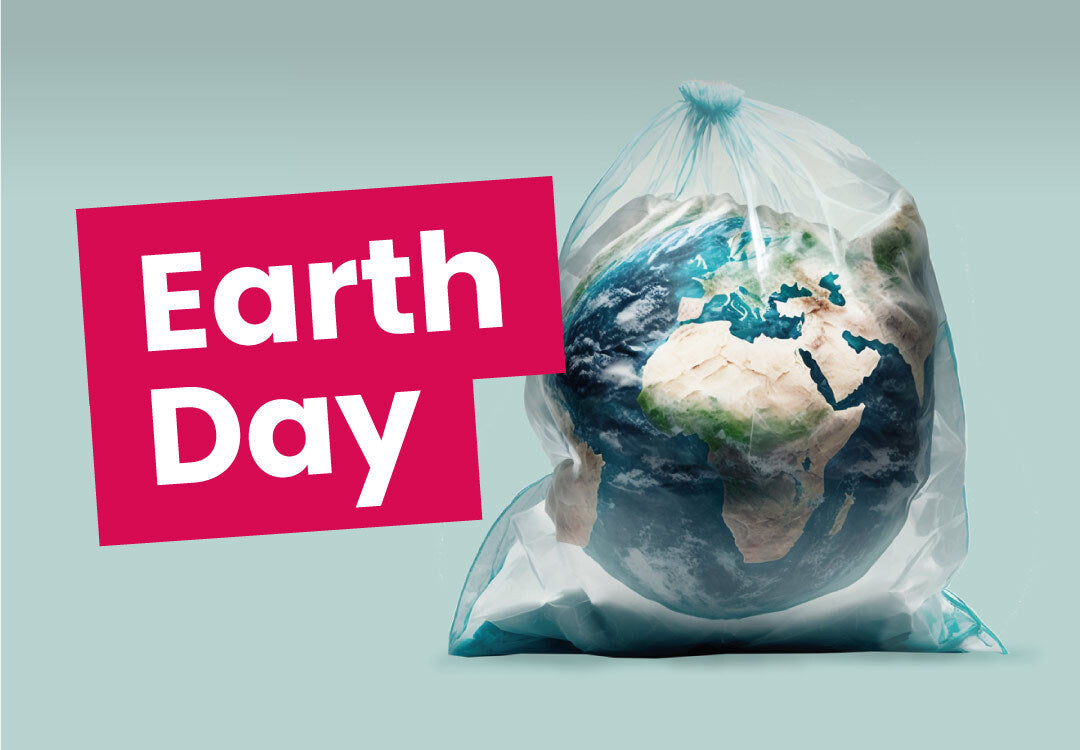
What is Earth Day?
How did Earth Day begin?
Earth Day is an annual celebration to mark the importance of the global environmental movement and raise awareness of the need to protect Earths resources. The first Earth Day was held in 1970, inspired by the protests of the 1960s, to raise public awareness of pollution and other environmental matters.
When Earth Day was first celebrated in America, environmental issues were very far from the worlds political agendas and there were very few activists. Factories were pumping pollutants into air, lakes and rivers with barely any consequence. Recycling was barely recognised, and it was considered a sign of wealth to drive huge, fuel-guzzling vehicles.
The launch of Earth Day took off surprisingly quickly. With a forum to voice their concerns, millions of concerned citizens came forward and organised demonstrations country-wide. Earth Day went global in 1990 with 200 million people in over 140 countries taking part. Today, it is estimated that over 1 billion people get involved in Earth Day, making it the largest non-religious event in the world.
When is Earth day?
Earth Day is observed on April 22nd each year. Earth Day has now grown to become Earth Week, celebrated from from April 14th to April 22nd.
What is Earth day about?
Each year the theme of Earth Day changes to focus on the most important environment issues at hand. The theme of 2023 is ‘Invest in our Planet’. This is a call for larger influential organisations such as governments, businesses and individuals to invest in a better future for the planet.
Earth Day is an opportunity for important environmental issues to be raised. It is a reminder each year that we all play a role in the future of our planet and even small changes we make each year can add up to a huge global difference.
How to celebrate earth day
There are lots of ways you can celebrate Earth Day in a way that contributes to the Earth. Below are some ideas:
1. Replace single-use plastic with refillable options
This is obviously our BIG one. Why buy single-use plastic cleaning sprays when you can buy a little cardboard box of dissolvable cleaning tablets and simply refill the same bottle?
It actually works out cheaper to refill with Cert. and they do a better job of killing bacteria than average anti-bacs because they’re also antiviral (it takes a bit more oomph to kill a virus).
2. Have a local clean-up
Have a plastic and waste clearup in your local park or beach (if you’re lucky enough to live near one). Billions of tonnes of plastic waste end up in our environment every year and much of that breaks down into microplastics which are virtually impossible to remove. Have a clear up and send some of that plastic into recycling.
3. Plant some wildflowers and native plants
Native wildflowers will make your outside space look beautiful and they will attract native and beneficial insects and birds. This is a lovely natural way to let nature do its job properly in your local area.
4. Conserve Water
Do you know that less than 1% of the water on Earths surface is useable, fresh drinking water? Most of it is either salty or locked up underground and in glaciers. This means we need to be a lot more conservative in our use of fresh drinking water and not let it be wasted!
Don’t buy bottled products made with mostly water when you can refill from the tap instead. Cleaning products contain more than 95% water – why store billions of litres of perfectly-good water up in warehouse shelves when it could be kept in the ground until its actually needed?
Water is a delicate and important part of climate control on the Earth. Any water we remove from that cycle can have lasting consequences on climate change!
You could also do other things like installing a water-saving showerhead, using a water butt in the garden to collect rain water, turning the tap off whilst brushing your teeth and checking for pipe leaks.
5. Use reusable bags and shop for less packaging
It’s fairly common place now to use reusable shopping bags instead of plastic single-use bags which end up in landfill. Keep some in the boot of your car or keep a fold-up bag in a handbag so you never get caught out.
Try to buy fruits and vegetables with less plastic packaging. Veg boxes and local markets tend to have loose fruit & veg which doesn’t cost any extra but comes without all that unnecessary packaging.
You’ll find this food tends to travel less far and will be tastier and longer-lasting anyway!
Shop Refillable Cleaning Tablets
Make one small change today – switch to plastic-free refillable cleaning tablets. Shop now >>>
